Top 10 Most Dangerous Companies in the World
These 10 companies stand out as some of the most dangerous entities in the world due to their negative impacts on the environment, human rights, and society as a whole
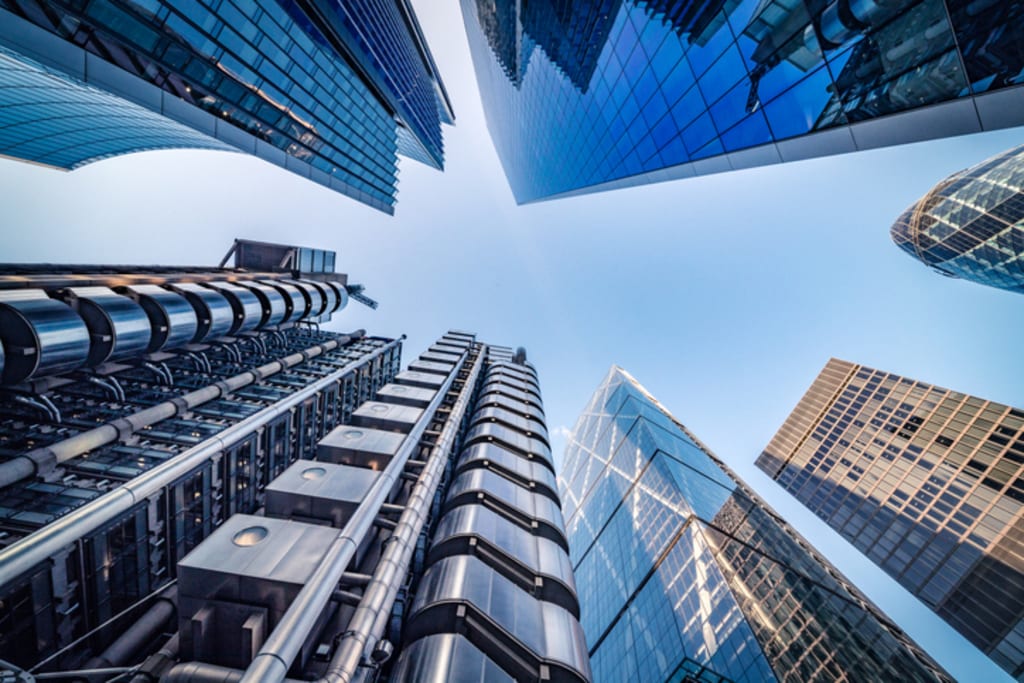
In a rapidly changing global landscape, some companies have managed to rise to prominence, amassing immense power and influence. However, with great power comes great responsibility, and not all corporations use their influence for the betterment of society. Some companies have drawn significant criticism and scrutiny for their harmful practices, disregard for human rights, environmental devastation, and aggressive pursuit of profits at any cost. In this article, we will delve into the top 10 most dangerous companies in the world based on their actions and their impacts on people, communities, and the planet.
1 - ExxonMobil:
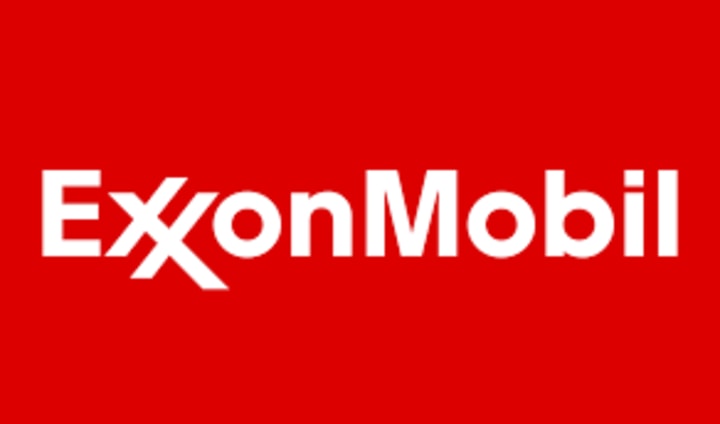
As one of the largest oil and gas corporations in the world, ExxonMobil has faced harsh criticism for its role in contributing to climate change and its lobbying efforts against environmental regulations. The company's actions have led to devastating consequences, including oil spills, habitat destruction, and a heavy carbon footprint.
2 - Boeing:

Boeing, the aerospace giant, has come under scrutiny for its negligence in ensuring the safety of its aircraft. The crashes of the Boeing 737 Max in 2018 and 2019 revealed serious flaws in the company's safety practices, resulting in hundreds of lives lost and widespread public distrust.
3 - Philip Morris International:
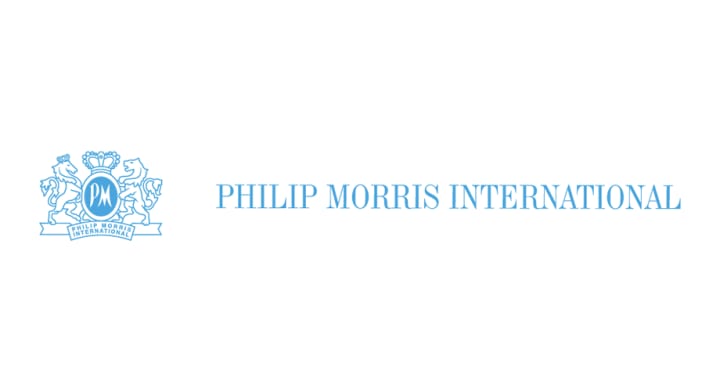
As one of the leading tobacco companies, Philip Morris International has been at the center of debates over smoking-related health issues and aggressive marketing tactics aimed at targeting young people. Despite mounting evidence of the health risks associated with smoking, the company continues to profit from the sale of tobacco
4 - Monsanto (now part of Bayer AG):

Known for its genetically modified seeds and controversial herbicide Roundup, Monsanto has been widely criticized for its impact on the environment and human health. The company has faced numerous lawsuits over alleged links between its products and cancer, leading to multibillion-dollar settlements.
5 - JPMorgan Chase:
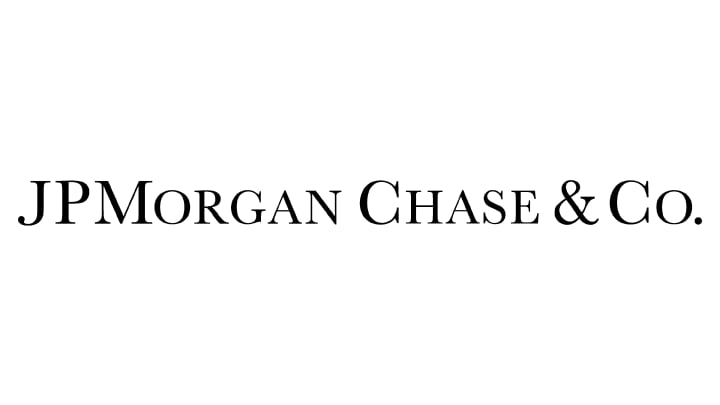
One of the world's largest financial institutions, JPMorgan Chase has faced accusations of unethical business practices, including involvement in the 2008 financial crisis and subsequent foreclosure controversies. Critics argue that the company's actions prioritize profits over the well-being of customers and society.
6 - Amazon:

While Amazon has revolutionized online shopping and cloud services, the company has faced allegations of mistreating its workers and stifling competition. Concerns have been raised about poor working conditions, low wages, and anti-competitive practices that have negatively impacted smaller businesses.
7 - Nestlé:
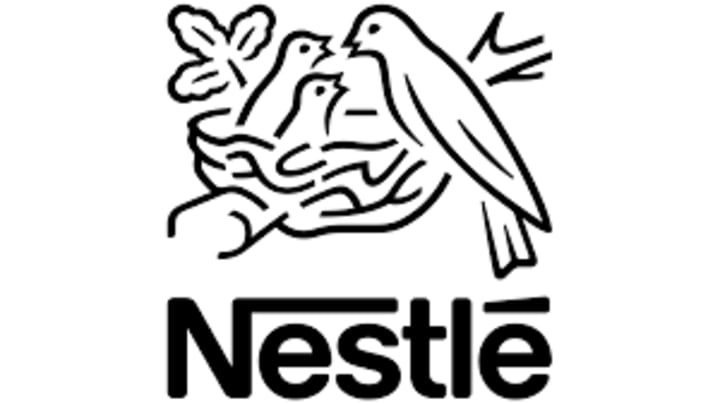
As one of the world's largest food and beverage companies, Nestlé has been criticized for its aggressive marketing of infant formula in developing countries, which has undermined breastfeeding practices and contributed to infant health issues. Additionally, Nestlé's practices related to water extraction have raised environmental concerns.
8 - BlackRock:

As the world's largest asset manager, BlackRock wields immense influence over the global financial system. Critics argue that the company's focus on short-term profits can lead to detrimental impacts on the environment and society, as they invest in industries with questionable ethical practices.
9 - Facebook:

While Facebook has connected billions of people worldwide, the company has faced criticism for its handling of user data, privacy breaches, and the spread of misinformation on its platform. These issues have raised concerns about the impact of social media on democracy and societal well-being.
10 - Rio Tinto:
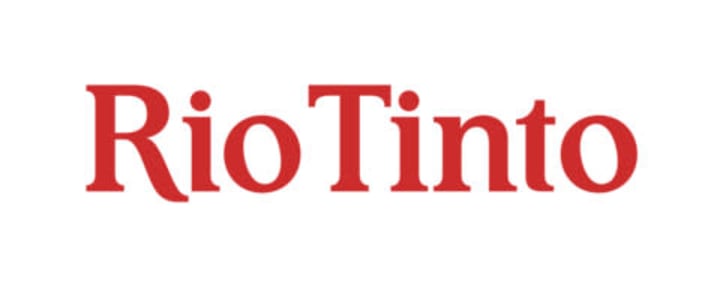
As a mining corporation, Rio Tinto has been involved in controversial projects that have resulted in environmental destruction, human rights abuses, and damage to Indigenous communities. The company's practices in various regions have sparked protests and demands for more responsible conduct.
Conclusion:
It is essential for consumers, governments, and stakeholders to hold them accountable and demand more responsible practices to ensure a sustainable and just future for all.
About the Creator
krimo hamza
TOP 10 Articles.
Enjoyed the story? Support the Creator.
Subscribe for free to receive all their stories in your feed. You could also pledge your support or give them a one-off tip, letting them know you appreciate their work.






Comments
There are no comments for this story
Be the first to respond and start the conversation.